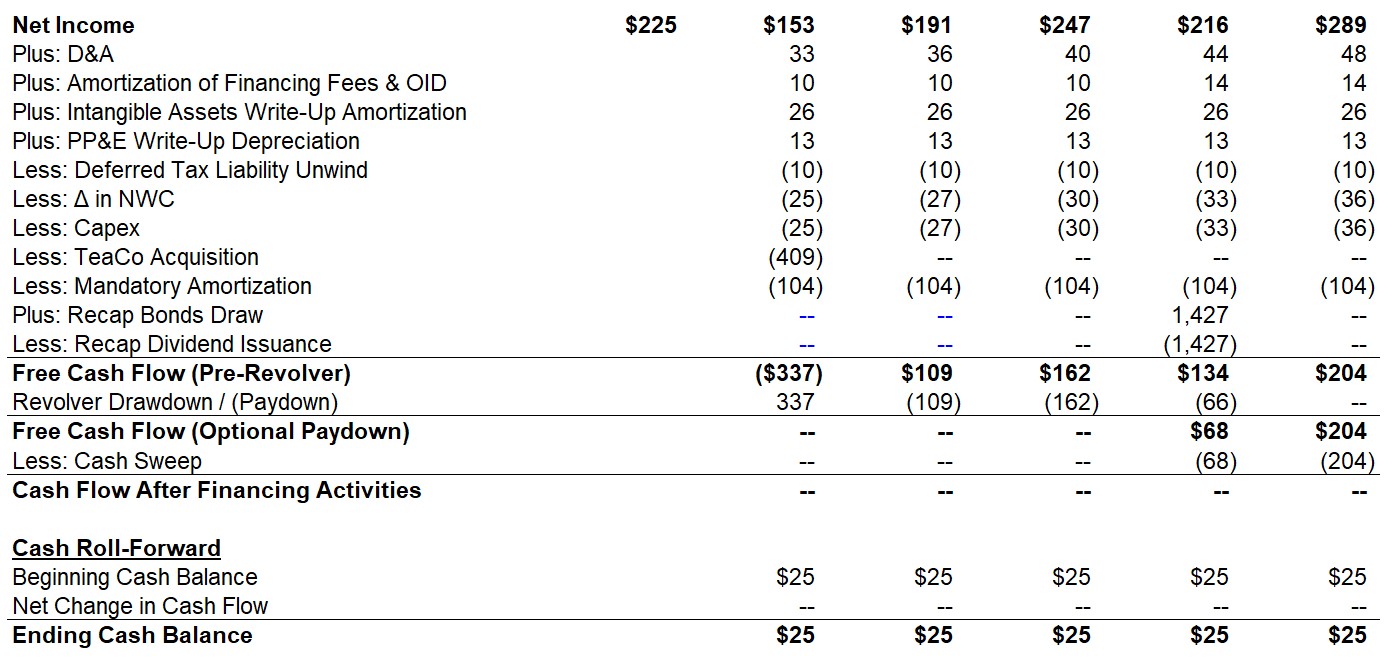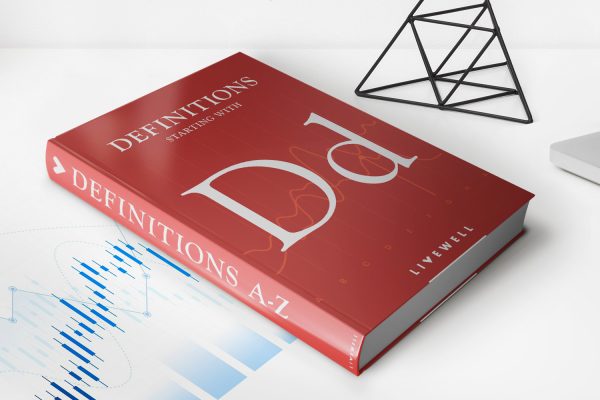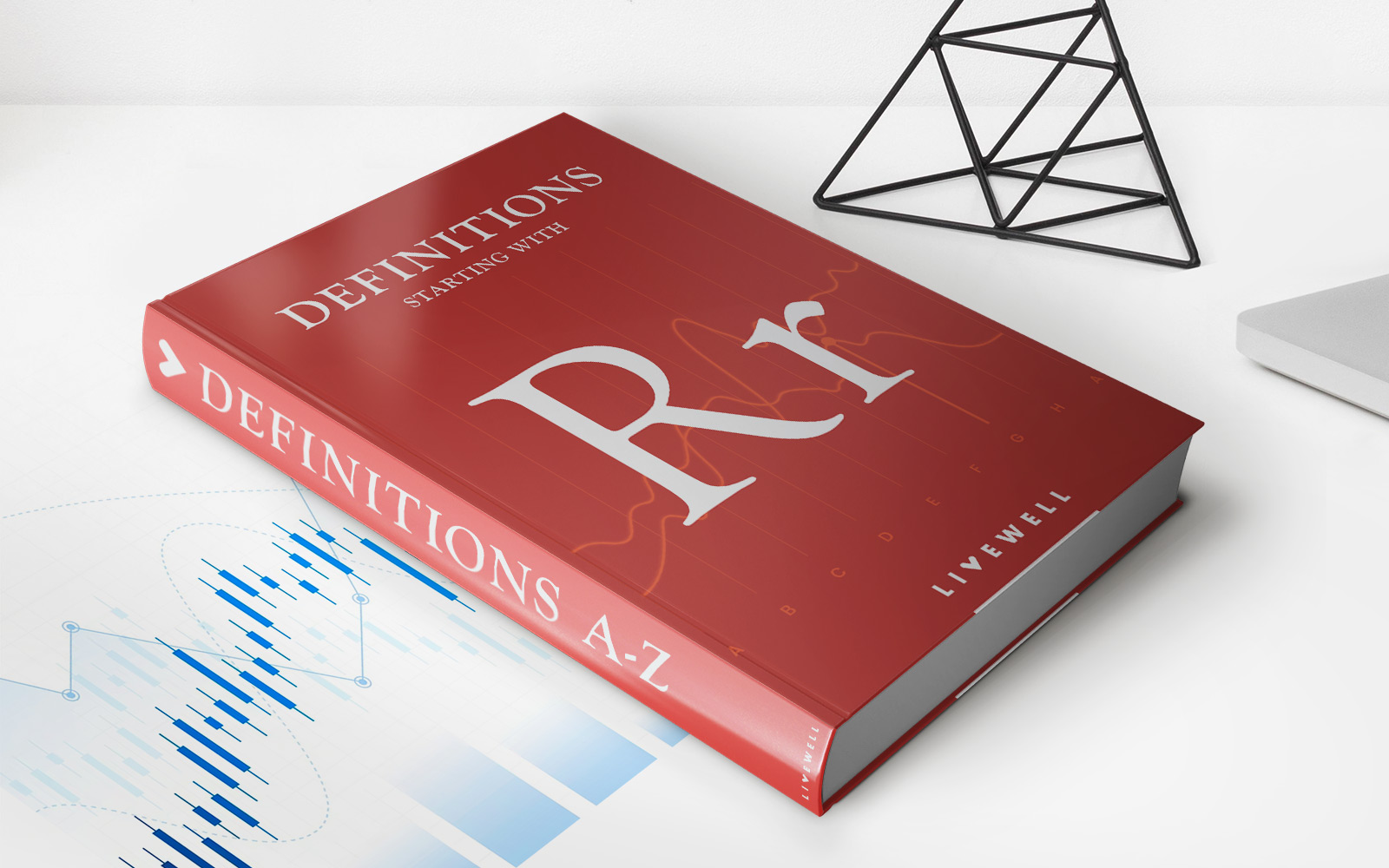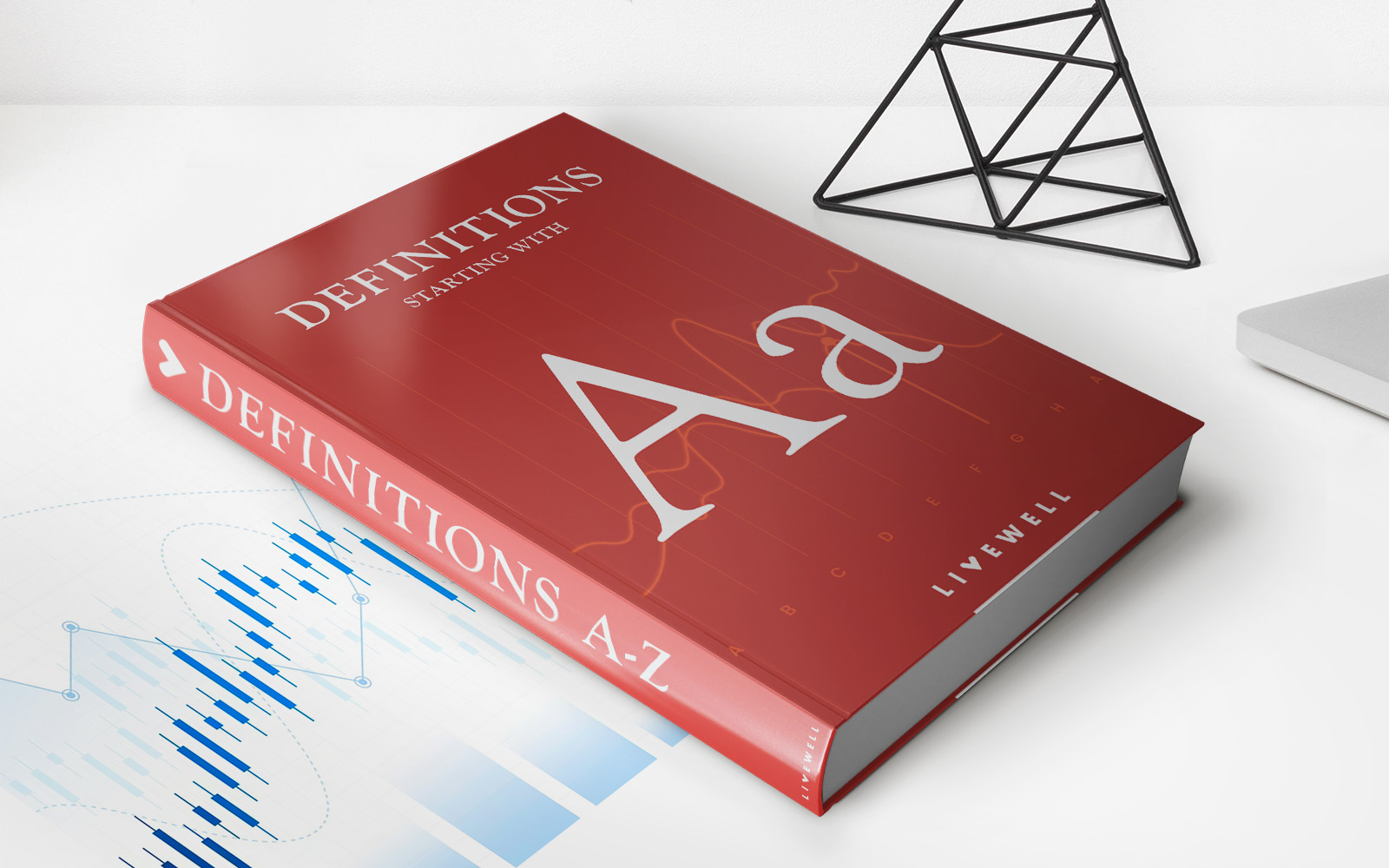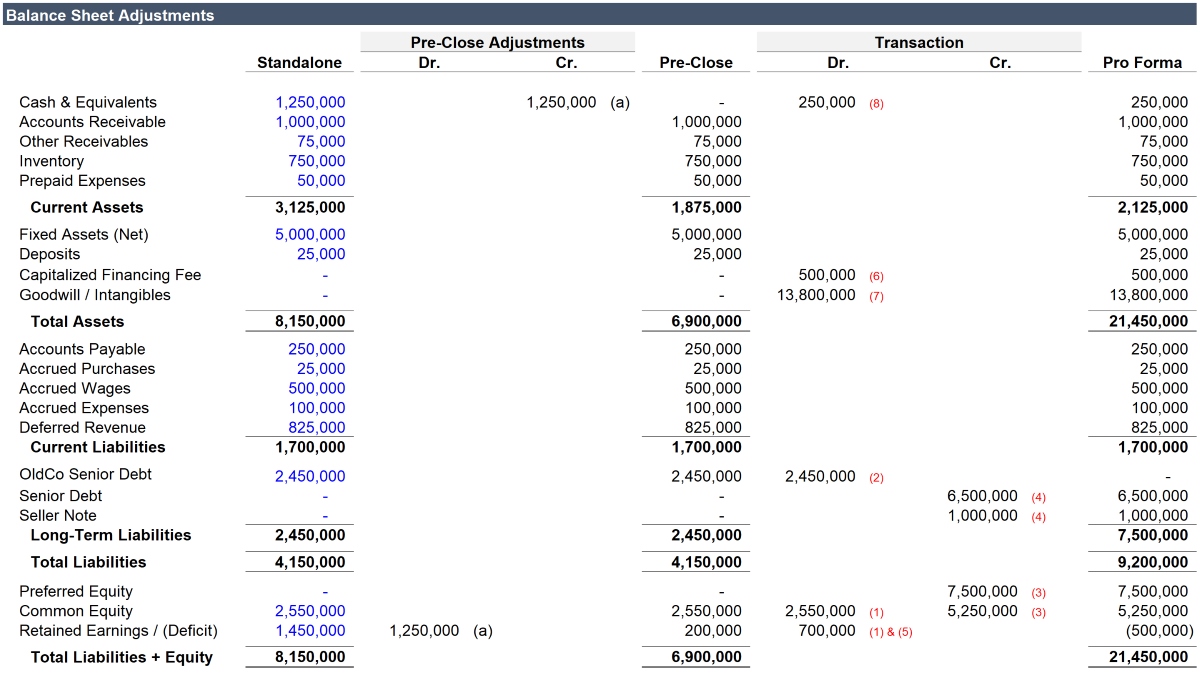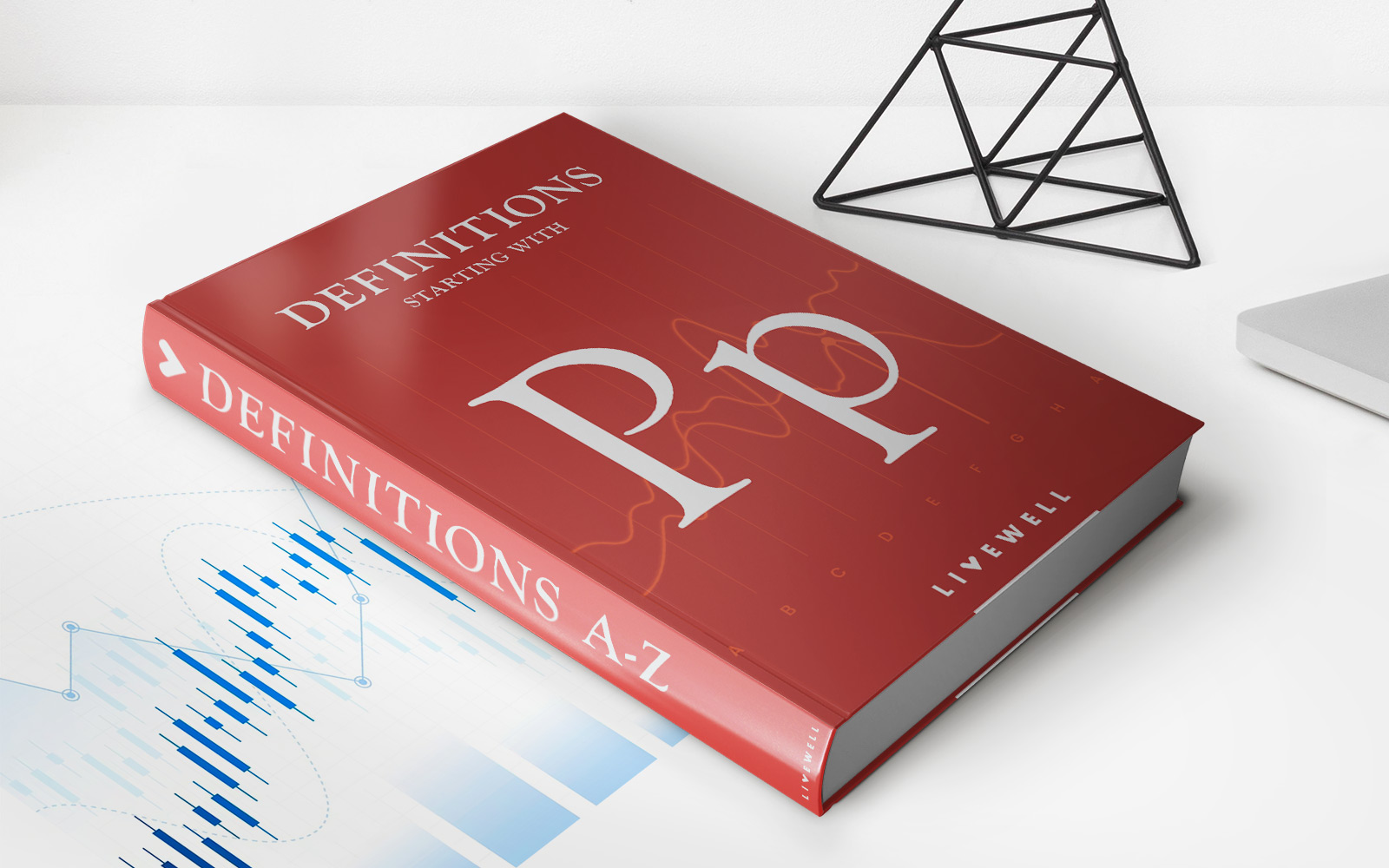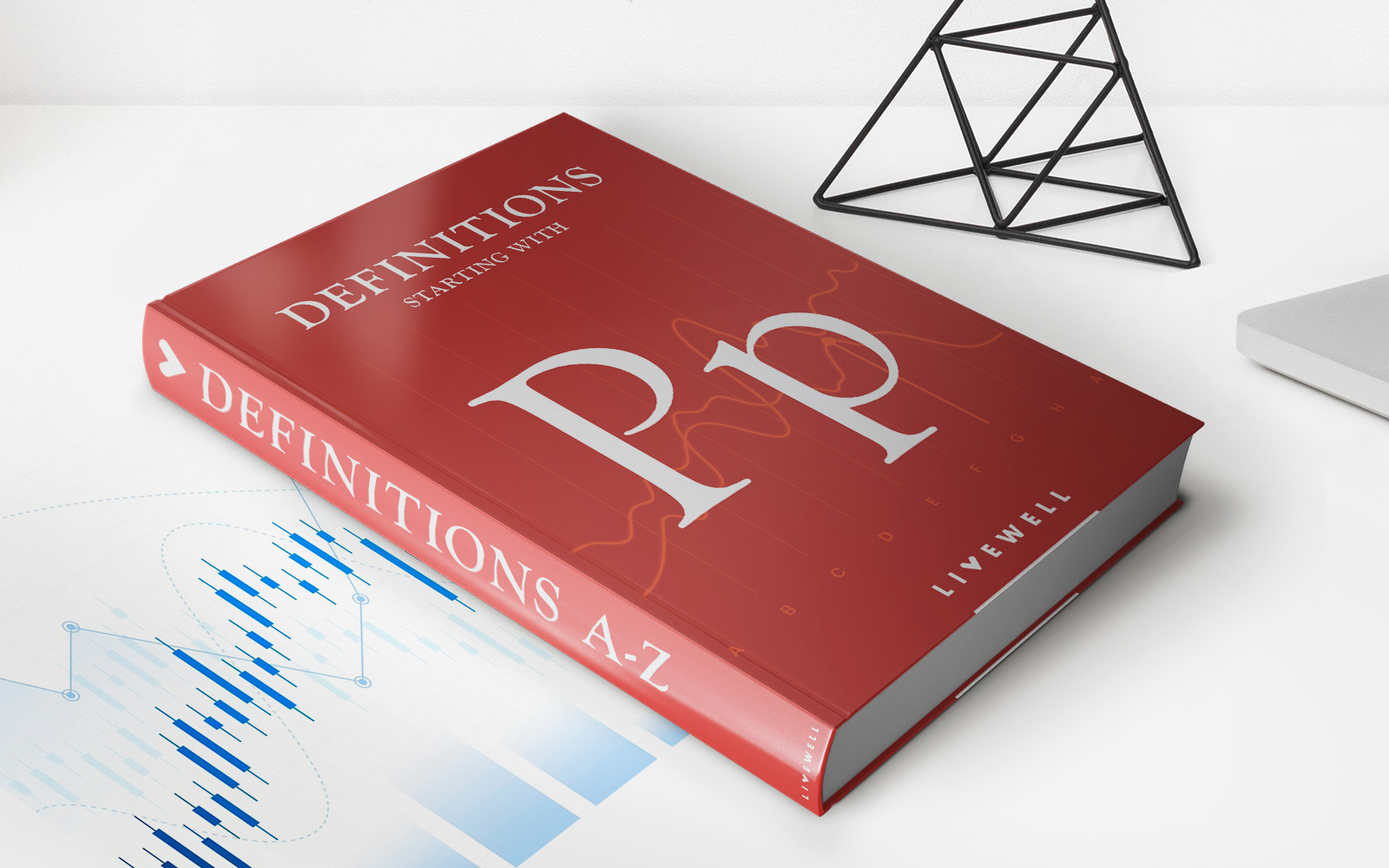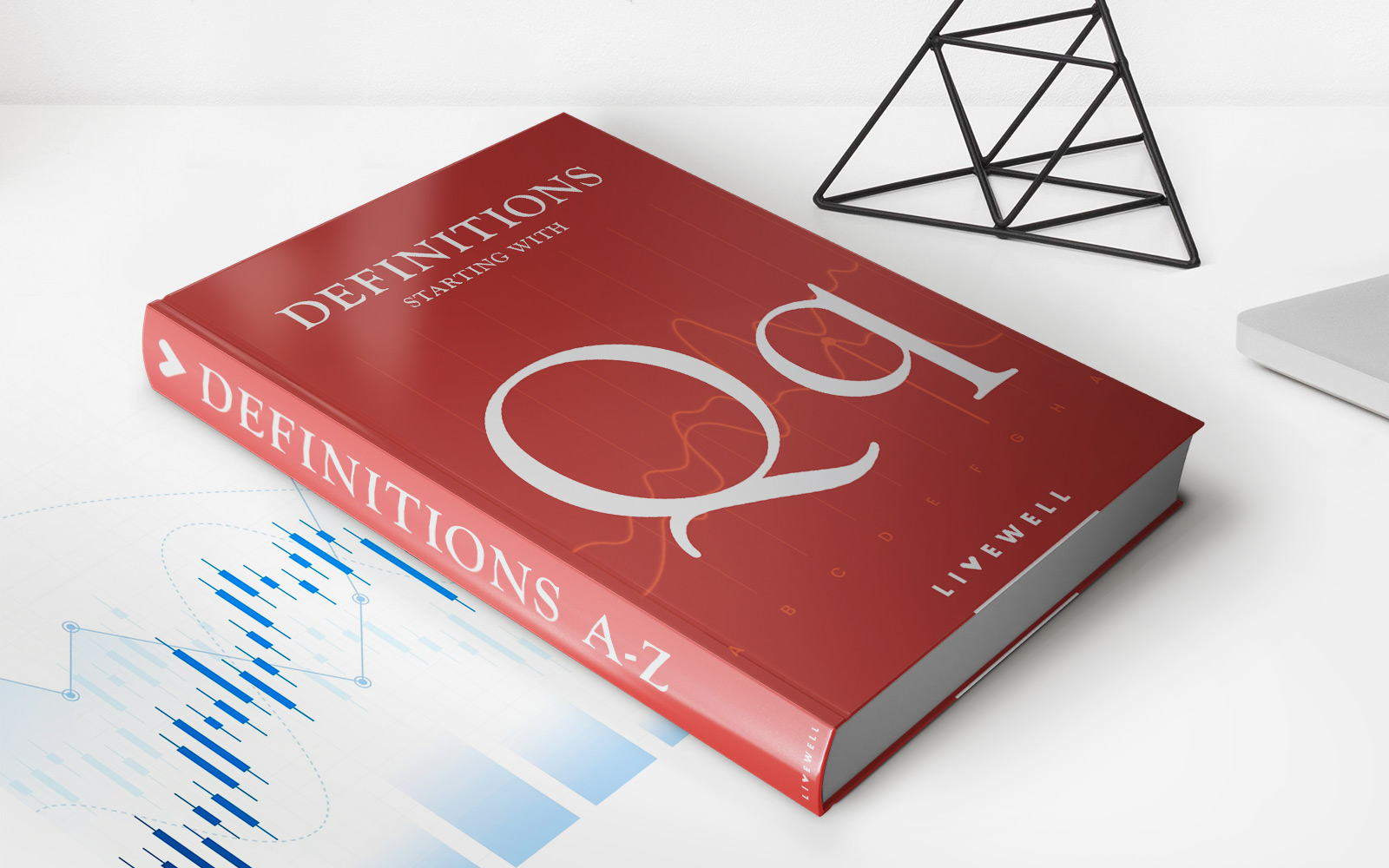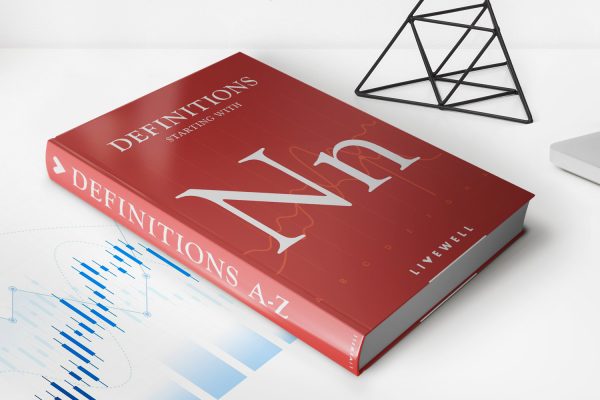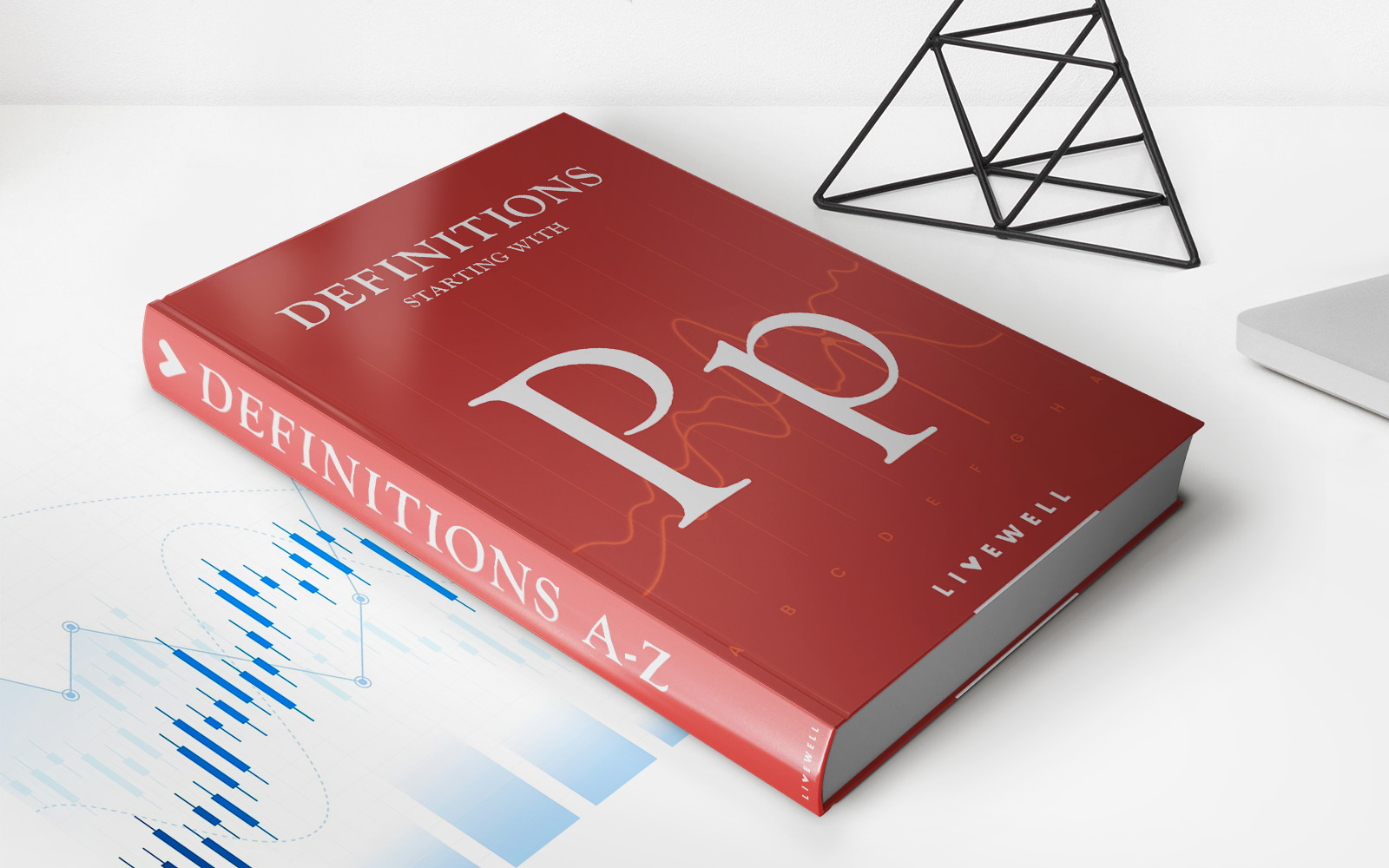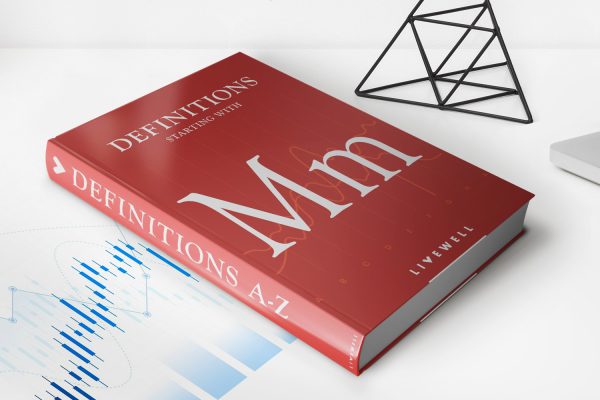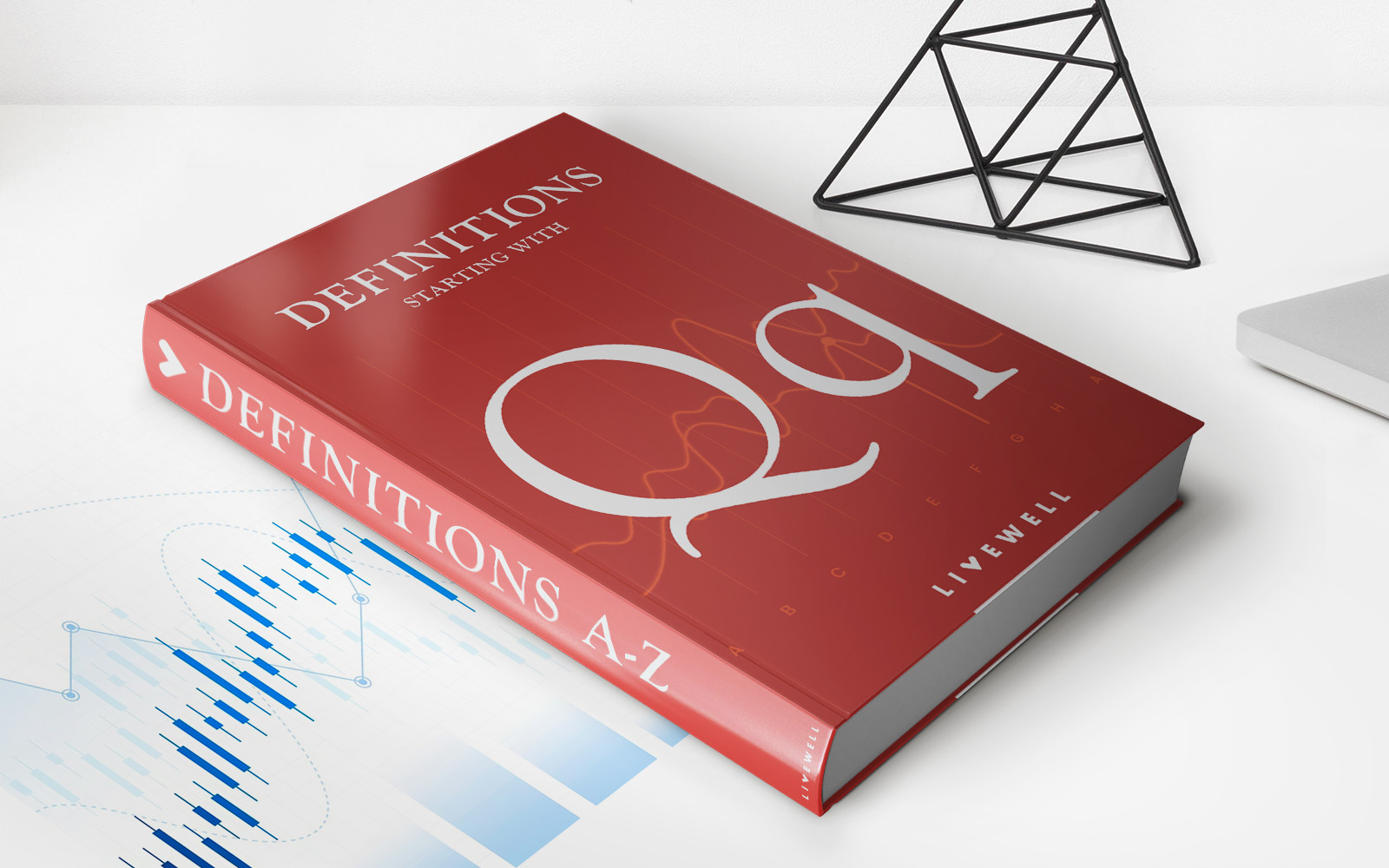

Finance
Quid Pro Quo Contribution Definition
Published: January 15, 2024
Learn the meaning of quid pro quo contribution in finance and how it impacts transactions. Understand the significance of this term in the financial world.
(Many of the links in this article redirect to a specific reviewed product. Your purchase of these products through affiliate links helps to generate commission for LiveWell, at no extra cost. Learn more)
Understanding Quid Pro Quo Contribution Definition in Finance
Have you ever come across the term quid pro quo contribution? If you are interested in finance and investment, understanding the concept of quid pro quo contribution is vital. In this blog post, we will delve into what quid pro quo contribution means and how it relates to the financial world.
What is Quid Pro Quo Contribution?
Quid pro quo contribution refers to a type of transaction where a donor receives goods or services in return for their contribution to a nonprofit organization or charity. In simpler terms, it is a way for an individual or organization to give something of value, with the expectation of receiving something in return.
When it comes to finance, quid pro quo contribution plays a significant role in fundraising efforts. Nonprofit organizations often offer various benefits to donors in exchange for their contributions. These benefits could include tangible items such as merchandise or tickets to events, as well as intangible benefits like access to exclusive experiences or networking opportunities.
Key Takeaways:
- Quid pro quo contribution involves receiving goods or services in exchange for a contribution to a nonprofit organization.
- It is a common practice in fundraising efforts to incentivize potential donors.
While quid pro quo contributions can be beneficial for both the donor and the nonprofit organization, it is important to note that they may have implications for tax purposes. In many countries, including the United States, the value of the goods or services received in exchange for the contribution is not tax-deductible. Instead, only the portion of the contribution that exceeds the fair market value of the benefits received can be claimed as a tax deduction.
Nonetheless, quid pro quo contributions provide an opportunity for individuals and organizations to support causes they care about while also receiving something in return. This mutually beneficial arrangement helps nonprofits raise funds and incentivizes individuals to contribute to charitable efforts.
To summarize, quid pro quo contribution involves providing a donation to a nonprofit organization or charity in exchange for goods or services. Understanding this concept is vital for individuals interested in finance, particularly those involved in charitable giving or fundraising endeavors.
Remember, when engaging in quid pro quo contributions, be mindful of any tax implications and consult with a financial advisor or tax professional for guidance specific to your situation.
